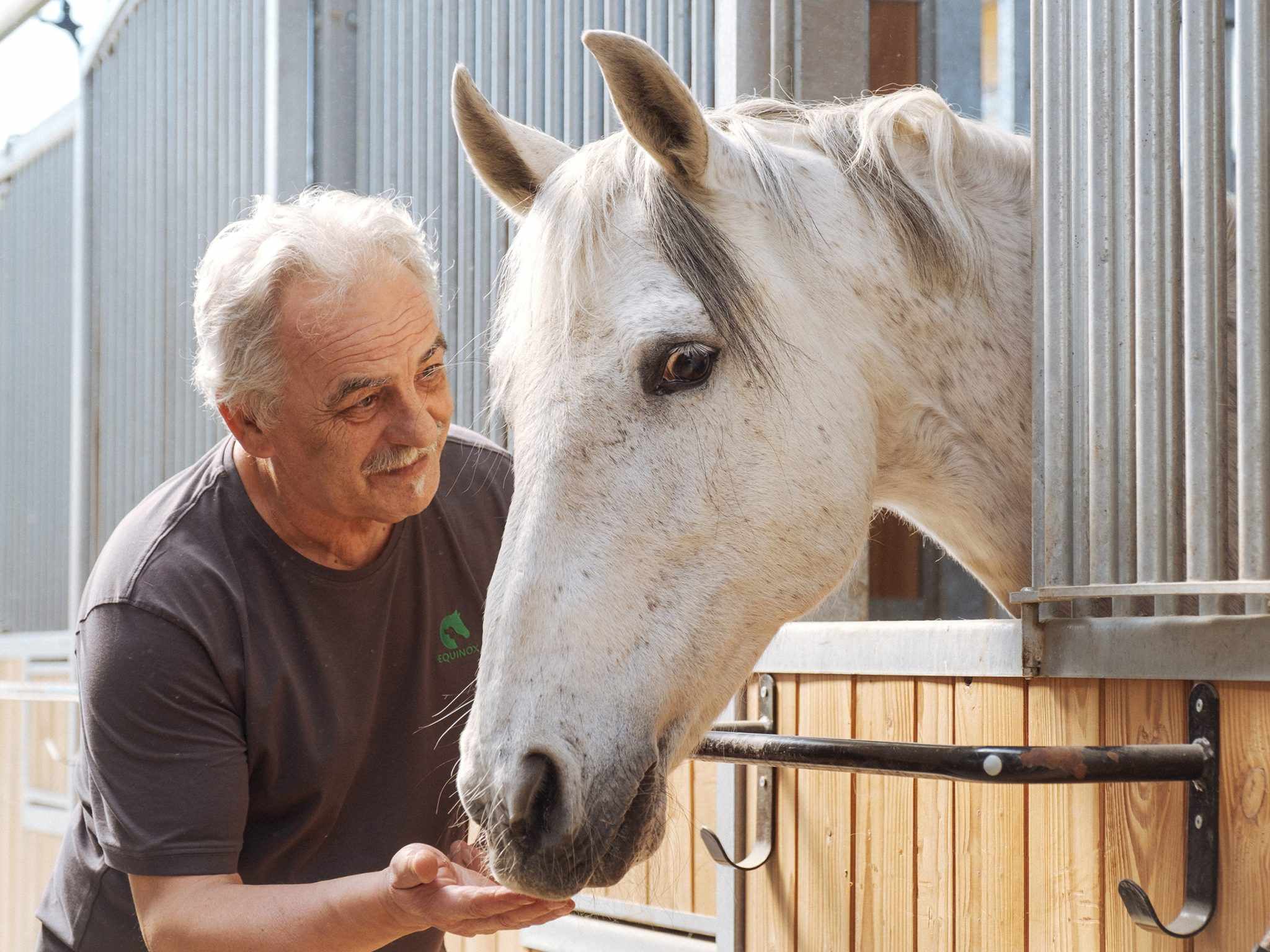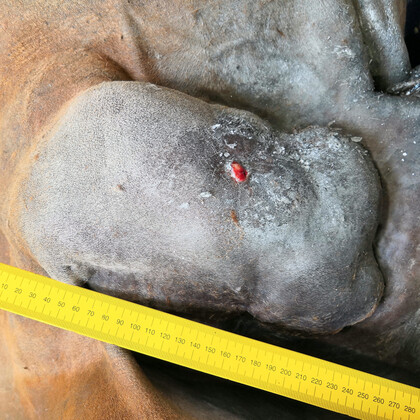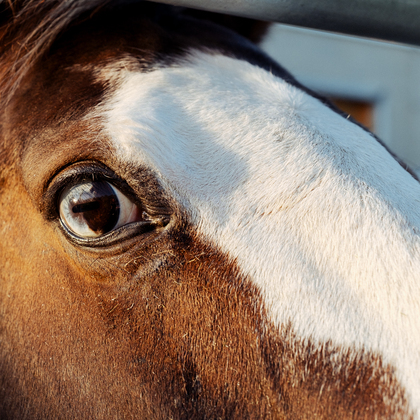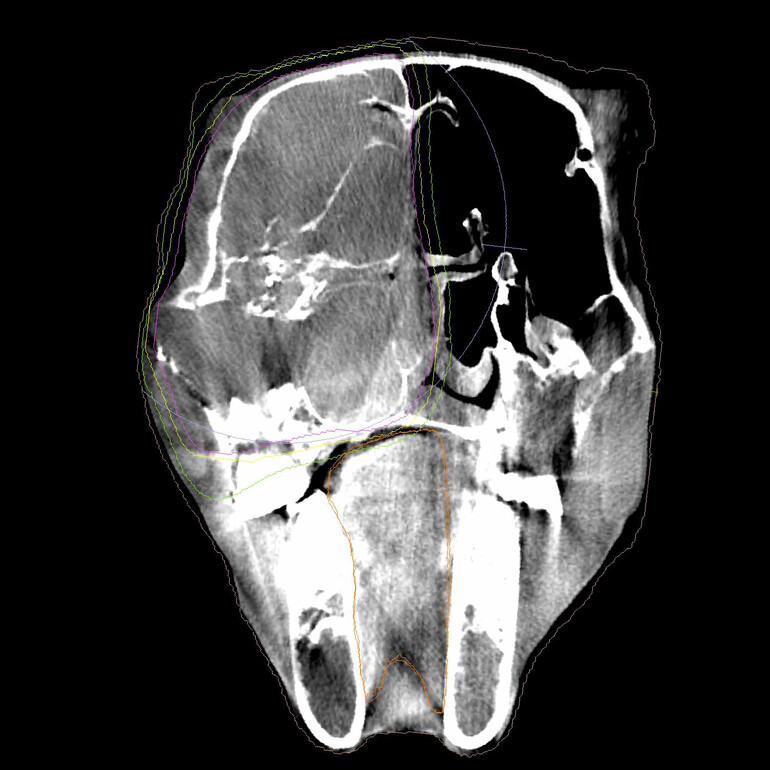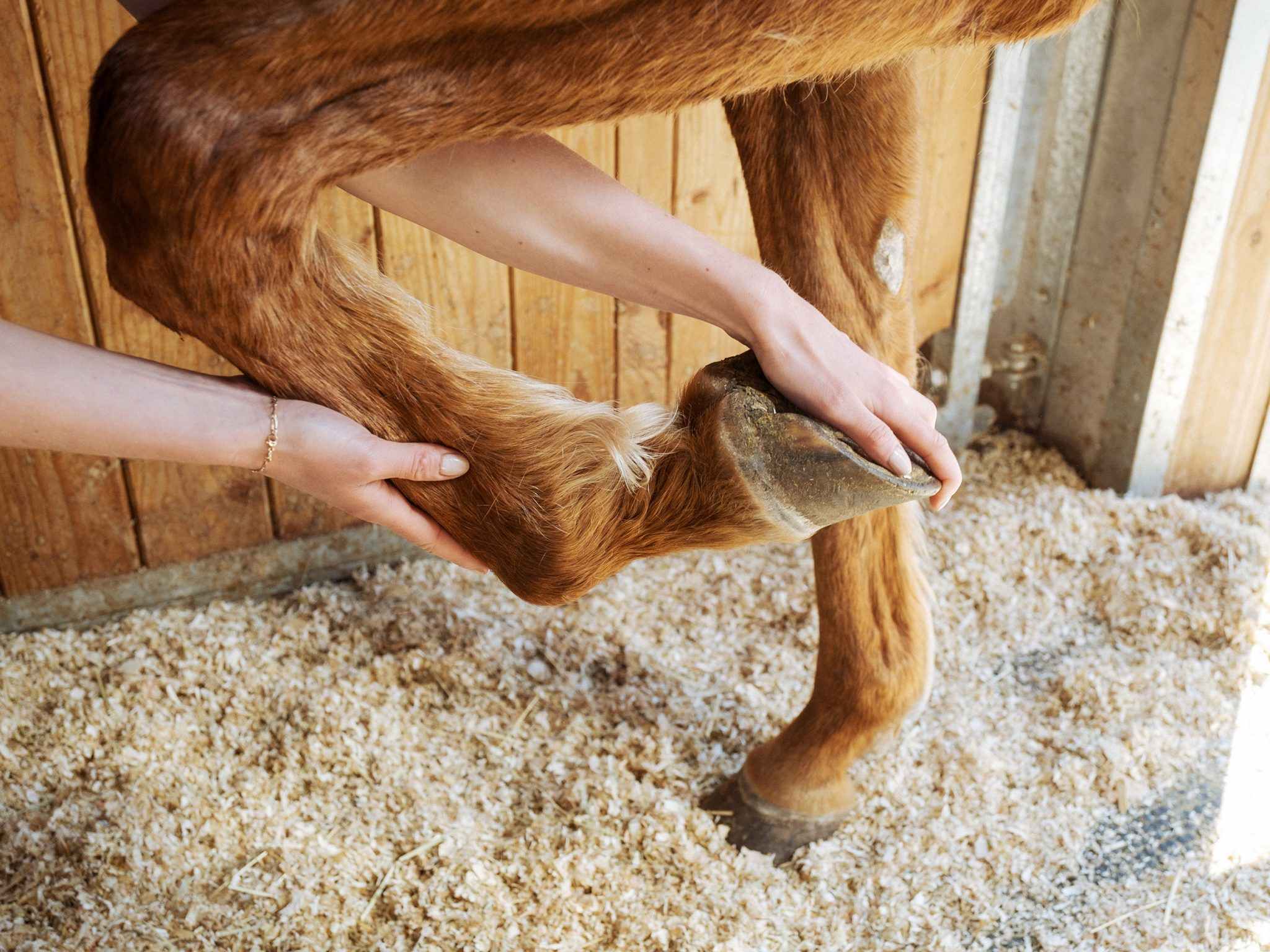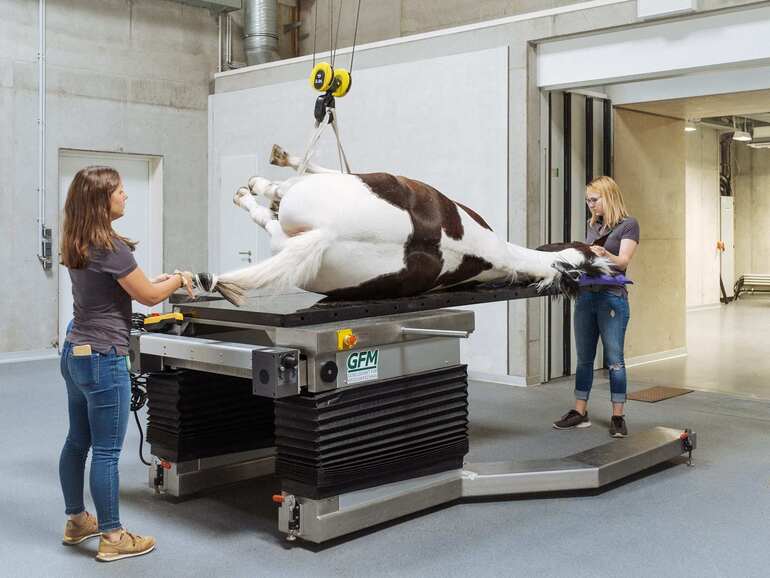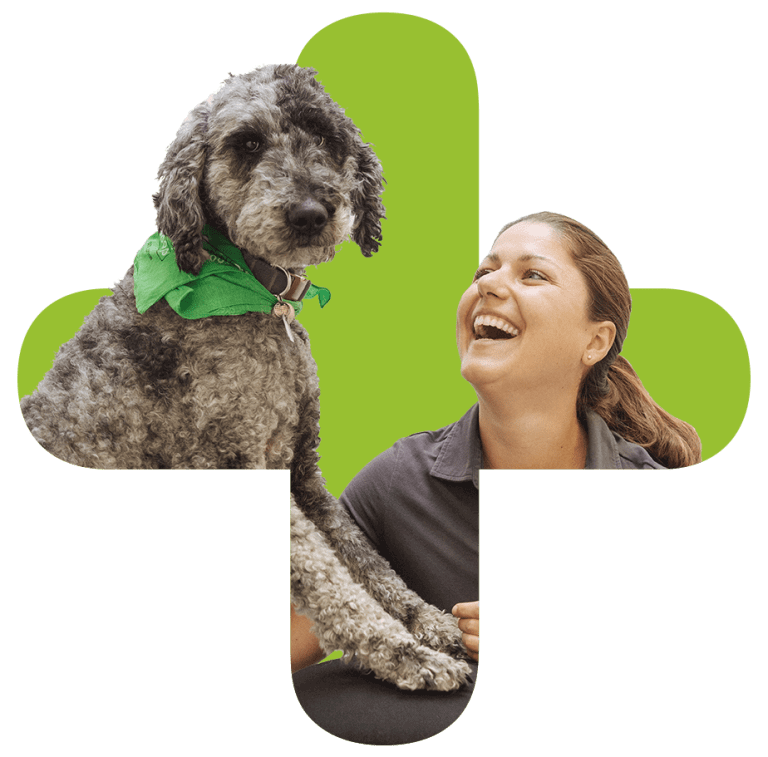Cancer in horses - how radiation can help
These and many other questions can initially make owners very insecure, in particular, if previous attempts at treatment were unsuccessful. If an operation, immunotherapy or chemotherapy has failed, radiation therapy can help in some cases. For many benign and malignant tumours, radiation therapy is the treatment method of choice and is also completely painless for your horse.
